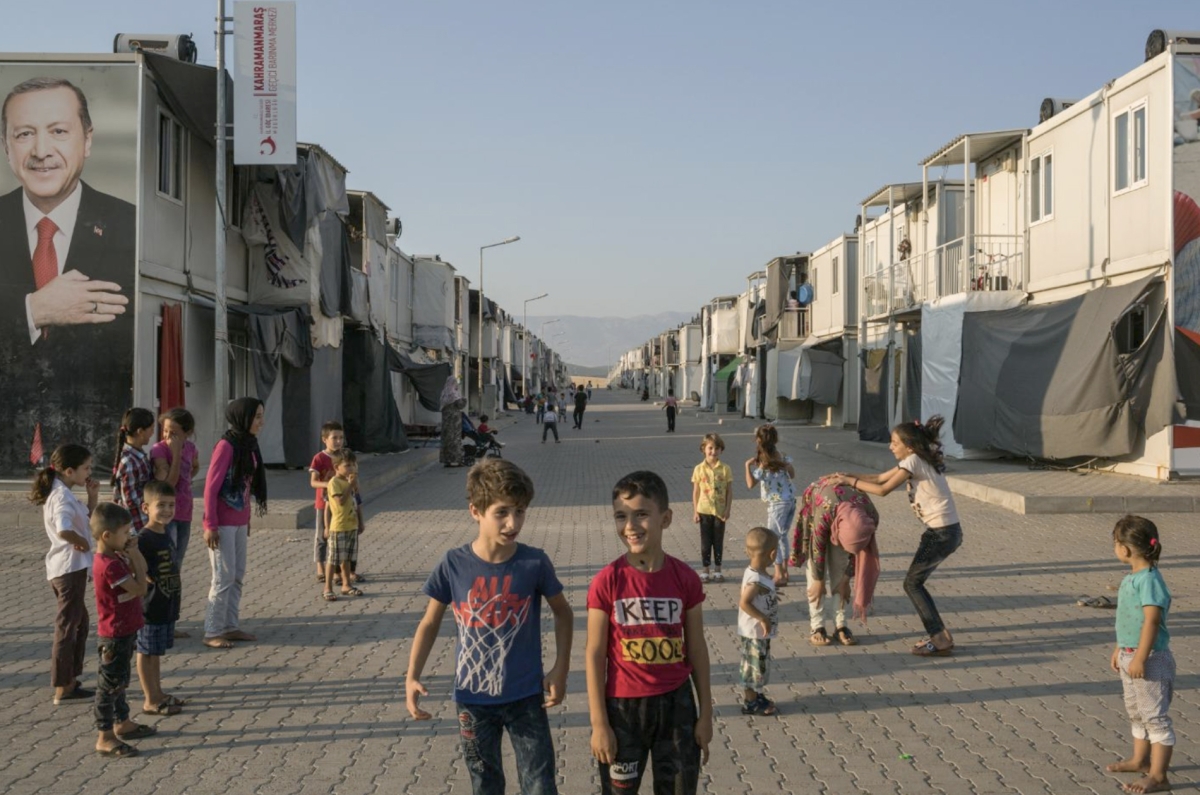Turkey’s ongoing economic challenges have plunged 6.5 million children into extreme poverty, with one in four attending school hungry. The OECD’s recent report highlights a worsening crisis, prompting increased humanitarian aid amidst soaring inflation and economic instability.
Economic Downturn and Child Poverty
Since 2019, Turkey’s economy has faced severe strain, resulting in profound consequences for its youngest citizens. The OECD report underscores a staggering 6.5 million children living in extreme poverty, reflecting a worsening economic crisis. With soaring inflation rates currently at 61.78%, many families are struggling to meet basic needs, further exacerbating the situation for children.
Increase in Humanitarian Aid
The economic difficulties have driven a significant rise in humanitarian assistance for Turkish children. In the first half of 2024 alone, over 171,000 children received aid, a notable increase from previous years. For comparison, 164,000 children were assisted in 2023, 157,248 in 2021, and 140,275 in 2020. The aid program, which began in 2012 with just 37,295 beneficiaries, has expanded rapidly in response to escalating needs.
Rising Rates of Child Hunger
The report reveals that one in four children in Turkey attend school hungry, highlighting the dire circumstances faced by many families. The poverty line for a family of four has reached $1,840, while the hunger line is at $565. These figures illustrate the widening gap between income and basic living costs, intensifying the struggle for vulnerable children and their families.
Uncertain Economic Future
Despite the Turkish government’s efforts to stabilize the economy, the future remains uncertain. The ongoing crisis continues to impact children disproportionately, emphasizing the need for effective and sustainable solutions. The increasing number of children requiring humanitarian aid signals an urgent need for comprehensive economic policies to address both immediate and long-term challenges.


